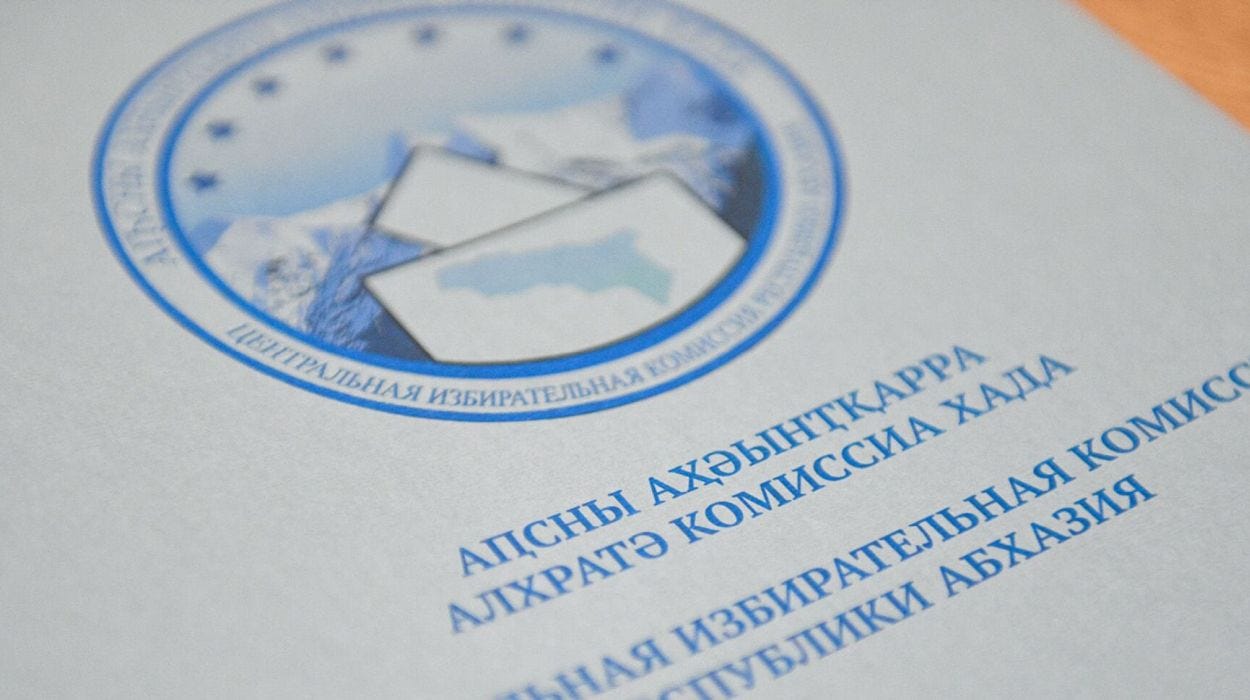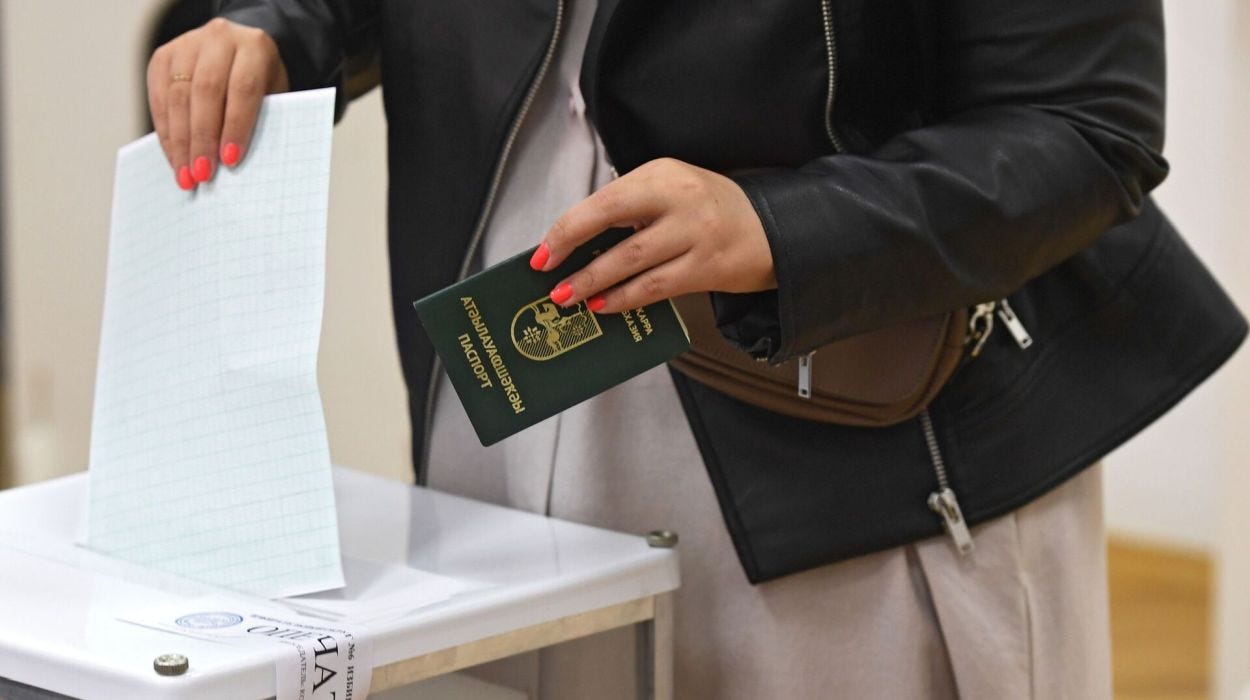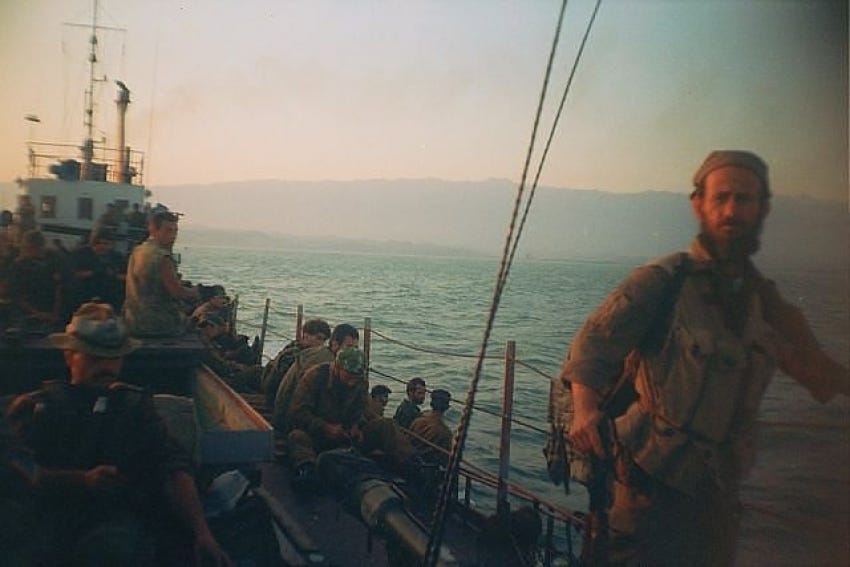CEC Greenlights Initiative Group to Proceed with Referendum in Abkhazia
The Central Election Commission (CEC) of the Republic of Abkhazia has given the green light to an initiative group to proceed with the conduct of a referendum
The Central Election Commission (CEC) of the Republic of Abkhazia has given the green light to an initiative group to proceed with the conduct of a referendum, as reported by the news agency “Apsnypress”.
The initiative was spearheaded by “Aiaaira” (“Victory”), an organization composed of veterans and citizens of Abkhazia. The group, boasting a roster of 36 members, aims to prompt a referendum.
Central to the referendum is the question: “Do you consider it necessary to hold early presidential elections in the Republic of Abkhazia?”
In accordance with the laws of Abkhazia, the prerogative to call for a referendum is vested in the president, and referendums are generally held to present proposals concerning issues of paramount state importance.
Having secured registration, the initiative group now faces a two-month timeframe to amass at least 10,000 signatures. Subsequent to this, the CEC will vet the signature collection process for compliance. If the requirements are met, the commission will forward the documents to the leadership of Abkhazia for further consideration.
Abkhazia: CEC Registers Initiative for a “Counter” Referendum
Vitaly Sharia / Ekho Kavkaza — Today, the Central Election Commission (CEC) of the Republic of Abkhazia unanimously registered an initiative group during its meeting. The group had submitted a proposal eight days ago, on June 27th, to conduct a referendum in the republic. The question posed in the referendum is, “Do you believe it is necessary to hold early presidential elections in the Republic of Abkhazia?” The CEC gave its approval to this question for the referendum.
It is noteworthy that the opposition group called the Union of Veterans and Citizens of Abkhazia “Aiaaira” ['Victory' -Ed.] spearheaded this initiative.
“Ekho Kavkaza (Echo of the Caucasus)” spoke to the Chairman of Abkhazia’s CEC, Dmitry Marshan, and here’s what he had to say:
“We were operating under a two-week deadline. One week has already elapsed; we have reviewed and studied the documents. Over thirty citizens have become part of the initiative group, whereas the law only necessitates twenty-five individuals. We received applications from thirty-six individuals. All of these people were present; they provided their signatures and are all citizens of Abkhazia. As such, there are no legal irregularities here. The only topic of discussion was the phrasing of the question that will be presented in the referendum. They even sought advice from us on how the wording could be optimised for clarity and appropriateness. Consequently, the question now reads exactly as follows - 'Do you believe it is necessary to hold early presidential elections in the Republic of Abkhazia?'”
Abkhazia Commemorated 30th Anniversary of Tamysh Landing with Solemn Tribute
Thirty years ago, a pivotal operation commenced as the Abkhazian Army set into motion a marine landing near the village of Tamysh in the Ochamchira district, which formed an essential part of the Eastern Front.
On the 30th anniversary of this historic Tamysh Landing, President of Abkhazia, Aslan Bzhania, solemnly laid flowers at the Memorial of Glory situated in the village of Tamysh. The commemorative event was highlighted by the state’s press service.
During the memorial gathering, Vice President Badra Gunba delivered an impassioned speech. "We lost 57 brave souls during those fateful days, and it is in their memory that we are gathered here today, on this hallowed ground soaked with their sacrifice. Now, three decades later, we stand witness to the fruits of their valiant efforts. Abkhazia thrives in freedom, and the village of Tamysh embodies a community of peace and progress," Gunba remarked.
On July 2, 1993, the Abkhazian marine forces, under the commendable leadership of Zaur Zarandia, launched an amphibious assault near Tamysh. Their mission was of critical importance – to sever the central artery leading to Sukhum and thwart enemy reinforcements from reaching the frontlines.
This daring landing heralded the onset of the Abkhazian Army’s July offensive. Although it did not culminate in the full liberation of the nation, it significantly altered the trajectory of the conflict. Abkhazian forces successfully established control over strategic territories in the upper reaches of Sukhum.
In a tribute to the indomitable spirit of those who laid down their lives in the Patriotic War of 1992-1993, the monument in Tamysh underwent restoration in 2019, marking the 26th anniversary of the valiant landing.
The Tamysh Landing Was Entirely Voluntary, by Vitaly Sharia (Ekho Kavkaza)
In Abkhazia, there is a widespread belief that a turning point in the Georgian-Abkhaz war was marked by the July military offensive conducted by the Abkhazian army. This operation, which began exactly 30 years ago with the marine forces making a landing at Tamysh, garnered considerable successes, significantly paving the way for an impending victory. Yesterday, the village of Tamysh played host to a series of commemorative events to mark this anniversary.
The Georgian General Zurab Mamulashvili was captured during these operations (along with his underage son, who is currently leading the "Georgian Legion" in the war in Ukraine). On July 9th, at 10 p.m., the forces of the Republic of Abkhazia made their entry into the village of Shroma, and by midnight the enemy's resistance was quelled. The flag of the Republic of Abkhazia was subsequently hoisted over this significant settlement.
Inal Ardzinba Engages in Talks with Compatriots in Türkiye, Meets with Talih Huatish

Abkhazia's Foreign Minister, Inal Ardzinba, embarked on a business trip to Türkiye on Thursday, June 29th. During his visit, Ardzinba held discussions with Talih Ozcan [Huatish], a member of the Grand National Assembly of Türkiye and Deputy Chairman of the Committee on International Relations. The discussions focused on strengthening ties and ramping up collaboration with Abkhazia’s compatriots residing in Türkiye. This development was reported by the Foreign Ministry's Media Center.
During the meeting, both parties highlighted the critical need for creating a collaborative roadmap aimed at strengthening engagement with the Abkhazian diaspora residing in Türkiye.
Inal Ardzinba spoke about the importance of synchronized efforts within the Turkish Parliament as a means of broadening international relationships and garnering recognition for Abkhazia. In response, Talih Ozcan [Huatish] expressed his support for the initiative and committed to employing all available resources towards the successful implementation of these plans.
Additionally, Inal Ardzinba stressed the value of organizing events in Türkiye that focus on information sharing, cultural exchange, humanitarian efforts, investments, and economic partnerships as instrumental in increasing awareness about Abkhazia.
It is worth noting that back in 2007, Talih Huatish held a seat as a deputy in the People’s Assembly, which is the Parliament of the Republic of Abkhazia.
Kobakhidze: The opposition would have entered Abkhazia and Tskhinval/i with tanks
Ekho Kavkaza — Irakli Kobakhidze, leader of the “Georgian Dream” party, has weighed in on the opposition's stance in light of the recent upheaval in Russia, known as "Prigozhin's Insurrection." The Chairman of the ruling party took to social media to castigate government detractors, whom he alleges were lending their support to Yevgeny Prigozhin, head of the Wagner Group, a Russian private military firm.
He referred to the events in Russia as the “one-day adventure of the author of the so-called Bakhmut meat grinder,” and called the Georgian opposition a collective "National Movement".
"We all remember how the collective 'National Movement' cheered for Prigozhin, how they dedicated chants and poems to him, how they planned not only to enter Abkhazia and Tskhinval/i with tanks riding on the wave of Prigozhin's success, but also to seize Sochi and so on," Kobakhidze wrote.
The leader of the “Georgian Dream” is convinced that the opposition and "their patrons" are striving to open a “second front” against Russia.
“They could not hide: if they had the appropriate levers, they would use the first chance to enter Abkhazia and Tskhinvali with tanks. Once again, it has been confirmed that the collective 'National Movement' is a party of war and betrayal, whose goal is to use any pretext to open a second front in Georgia,” he added.
Ubykh Personal Names, by Viacheslav Chirikba
Iran and the Caucasus 27 (2023) 196-207 [Brill].
Abstract
The paper presents a survey of the system of Ubykh personal names. The traditional structure of Ubykh names was binary, consisting of a surname and a postposed personal name. Alternative structures included a preposed family name plus two or more personal names, or a surname, plus a patronymic, plus a personal name. Besides a few native Ubykh names, the majority of names are“Oriental” (Turkish/Turkic, Arabic, Jewish, Persian, etc.), Circassian or Abkhazian, or of unclear origin. There are also hybrid names combining names or formants of different languages.
The Ubykh People
Ubykhs were a small indigenous people of the Caucasian Black Sea coast where they lived for millennia. It is assumed that their ancestors were known to the Byzantines under the name of Brukhoi, which some authors see as the Greek attempt to render the Ubykh self-name tʷaχə́. The Ubykhs’ closest ethnic kin are Abkhazians and Circassians. Being a warrior nation, the Ubykhs took an uncompromising stance in the struggle against the Russian advance to their lands in the middle of the 19th century, which sealed their fate, leading to a wholesale deportation by the Tsarist government of the entire Ubykh nation in 1864 to Ottoman Turkey. Scattered over the vast territories of Anatolia, small Ubykh groups lost contact with each other, being surrounded by other populations—Circassians, Abkhazians, Turks, Kurds, Laz, Greeks or Armenians, and within the 150 years that followed their exodus they lost their mothertongue. The last fully competent speaker of Ubykh, the now famous Tevfik Esenç, died in 1992, and with him died the whole universe of the unique Ubykh language.
The full article in PDF can be downloaded by clicking here (138 KB)








